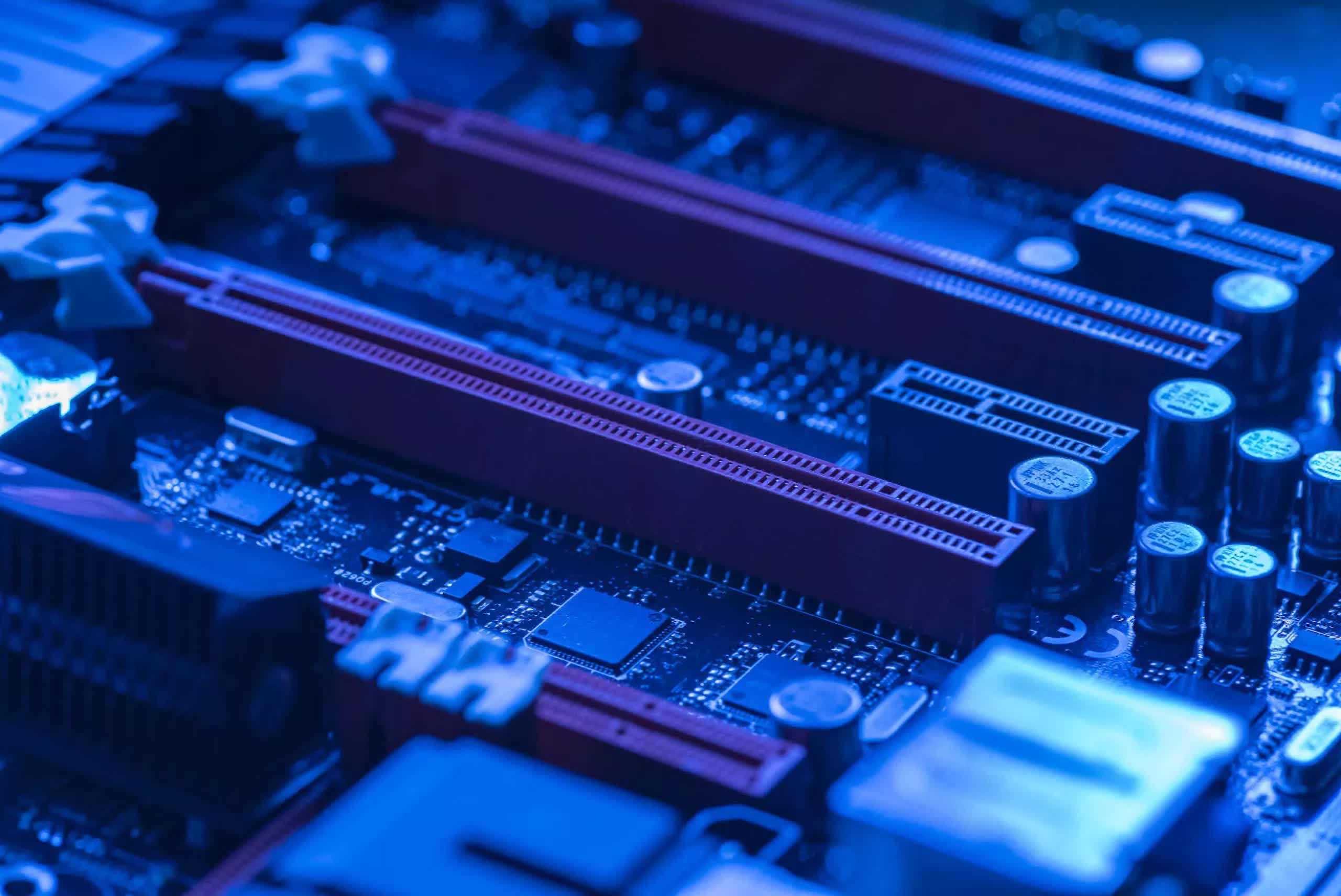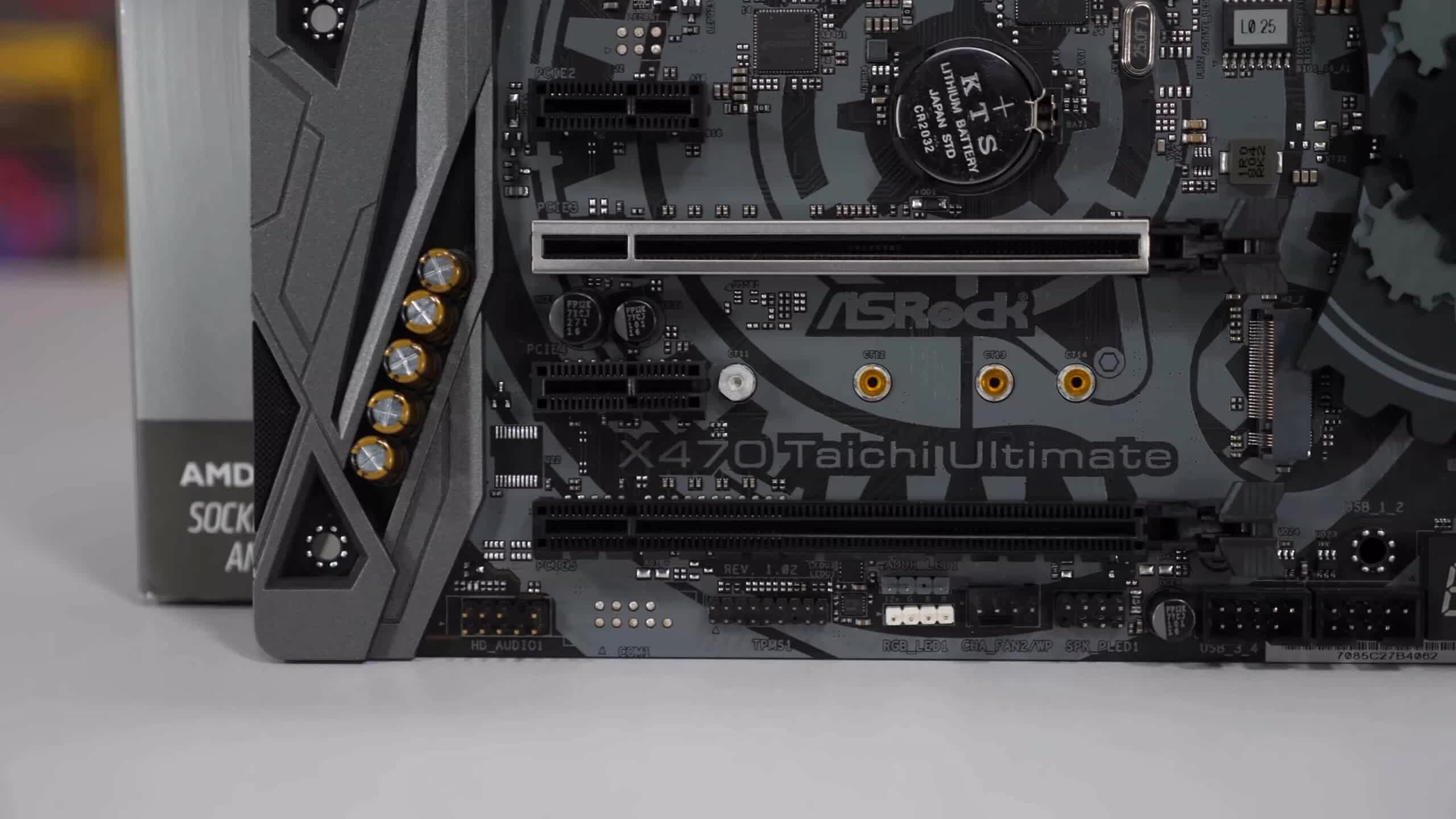A hot potato: As PCIe versions continue pushing for higher bandwidth with faster transfer rates, the increased speeds are indirectly leading to excess heat generation – a challenge Intel is tackling in a whole new way with an updated Linux driver. The open-source "PCIe bandwidth controller" aims to automatically throttle link speeds when thermals reach a certain threshold.

The core issue is that PCIe's ever-increasing speeds demand better signal integrity and lower signal loss. Achieving that often requires higher clocks, more power, and encoding optimizations – all of which generate extra heat. Take PCIe 5.0 SSDs as an example. With 32GT/s transfer rates (double that of PCIe 4.0), they frequently need dedicated cooling solutions to dissipate heat under sustained loads.
Intel's driver, which has been in development for over a year, lets Linux selectively downshift the PCIe link speeds when thermals get too high. It registers a "cooling device" for each PCIe port that allows tweaking the link speed. Slowing down that PCIe link should help alleviate thermal pressure from hot-running GPUs, SSDs, and other peripherals.
"This series only adds support for controlling PCIe Link Speed," wrote Intel engineer Ilpo Järvinen in the latest patch notes. "Controlling PCIe Link Width might also be useful but AFAIK, there is no mechanism for that until PCIe 6.0 (L0p) so Link Width throttling is not added by this series."
As you can see, the inability to adjust link widths is a current limitation, but Intel is eyeing that capability too.

For now, the new Linux driver focuses solely on link speed throttling to mitigate thermal issues. It's a straightforward software solution to the challenging heat problems posed by ever-faster PCIe speeds. By letting the OS automatically reduce those link rates on a per-port basis, it provides a way to dynamically optimize thermals under load.
While the driver seems primarily targeted at servers initially, the tech could prove highly useful for desktop and mobile systems as well. For instance, an x16 GPU link could temporarily drop to x8 speeds if things run too hot. Of course, that would mean reduced bandwidth which would likely have an impact on performance.
Last year, the PCI-SIG consortium released the first 0.3 review draft specification for PCIe 7.0 to members. Details are still scarce, but the announcement confirmed PCIe's evolution is proceeding on schedule, with 7.0 set to double 6.0's bandwidth for a staggering 512GB/s throughput via x16 links. It's not hard to believe that upcoming standards will require more aggressive cooling.
The new PCIe bandwidth controller driver has been through five revisions so far as Intel engineers continue refining the thermal throttling implementation. It's not finalized yet, but adoption is likely coming in the next year or so.
Intel's answer to PCIe 6 heat concerns is a driver that throttles bus speeds